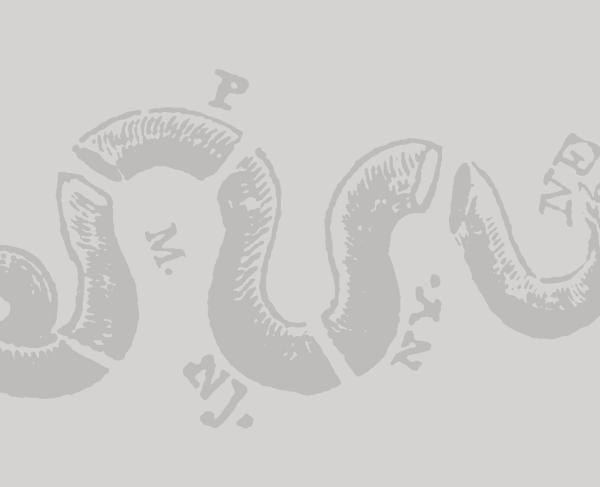“A Scene the Most Shocking New England Ever Beheld”

April 19, 1775
Yesterday produced a scene the most shocking New England ever beheld. Last Saturday P.M. orders were sent to the several regiments quartered here not to let their Grenadiers or Light Infantry do any duty till further orders, upon which the inhabitants conjectured that some secret expedition was on foot, and being on the look out, they observed those bodies upon the move between ten and eleven o’clock the evening before last, observing a perfect silence in their march towards a point opposite Phip’s farm, where [boats?] were in waiting that conveyed ‘em over.
The men appointed to alarm the country upon such occasions got over by stealth as early as they [could] and took their different routs. The first advice we had was about eight o’clock in the morning, when it was reported that the troops had fired upon and killed five men in Lexington—previous to which an officer came express to his Excellency Governor Gage, when between eight and nine o’clock a brigade marched out under the command of Earl Piercy, consisting of the Marines, the Welch Fusileers, the 4th Regiment, the 47th, and two field pieces.
About twelve o’clock it was gave out by the general’s aide camps that no person was killed, and that a single gun had not been fired, which report was variously believed—but between one and two, certain accounts came that eight were killed outright and fourteen wounded of the inhabitants of Lexington—who had about forty men drawn out early in the morning near the meeting house to exercise. The party of the Light Infantry and Grenadiers, to the number of about eight hundred, came up to them and ordered them to disperse. The commander of ‘em replied that they were only innocently amusing themselves with exercise, that they had not any ammunition with ‘em, and therefore should not molest or disturb them. Which answer not satisfying, the troops fired upon and killed three or four, the others took to their heels and the troops continued to fire. A few took refuge in the meeting, when the soldiers shoved up the windows and pointed their guns in and killed three there. Thus much is best account I can learn of the beginning of this fatal day.
You must naturally suppose that such a piece would rouse the country (allowed the report to be true). The troops continued their march to Concord, entered the town, and refreshed themselves in the meeting and town house. In the latter place they found some ammunition and stores belonging to the country, which they found they could not bring away by reason that the country people had occupied all the posts around ‘em. They therefore set fire to the house, which the people extinguished. They set fire a second time, which brought on a general engagement at about eleven o’clock. The troops took two pieces [of] cannon from the peasants, but their numbers increasing they soon regained ‘em, and the troops were obliged to retreat towards town.
About noon they were joined by the other brigade under Earl Piercy, when another very warm engagement came on at Lexington, which the troops could not stand; therefore were obliged to continue their retreat, which they did with the bravery becoming British soldiers—but contrary were in a manner desperate, not regarding their cannon (any more) in the least, and followed ‘em till seven in the evening, by which time they got into Charlestown, when they left off the pursuit, least they might injure the inhabitants.
I stood upon the hills in town and saw the engagement very plain. It was very bloody for seven hours. It’s conjectured that one half the soldiers at least were killed. The last brigade was sent over the ferry in the evening to secure their retreat—where they are this morning entrenching themselves upon Bunker’s Hill [to] get a safe retreat to this town. It’s impossible to learn any particulars, as the communication between town and country is at present broken off. They were till ten o’clock last night bringing over their wounded, several of which are since [dead], two officers in particular.
When I reflect and consider that the fight was between whose parents but a few generations ago were brothers, I shudder at the thought, and there’s no knowing where our calamities will end.
-Adams, “Letter,” Mass, Hist. Soc. Proc., VIII, 403-405
Related Battles
93
300

